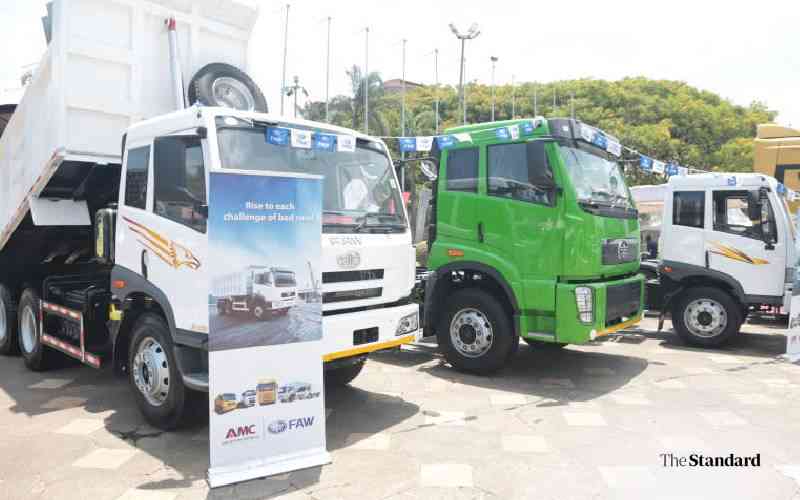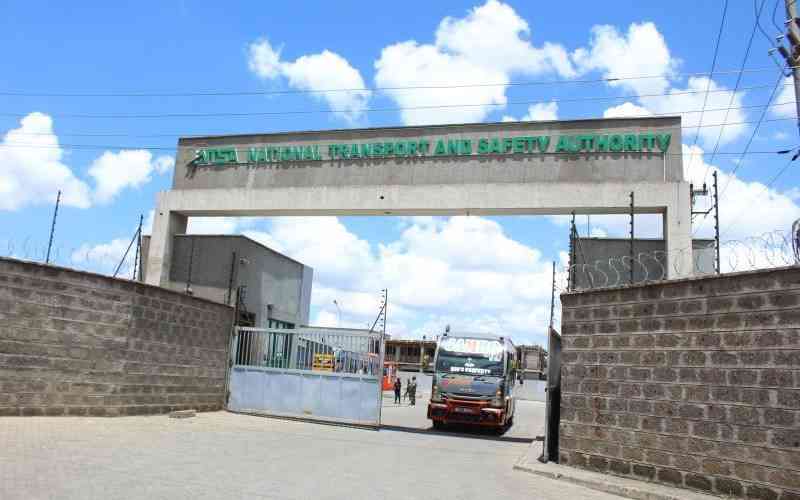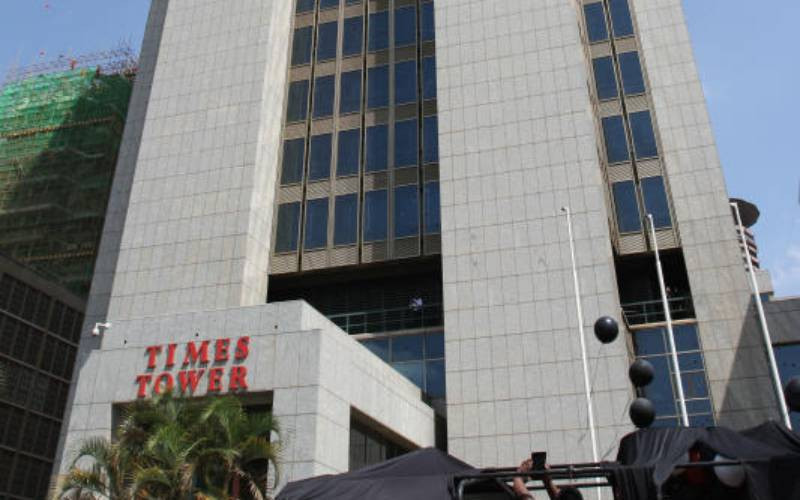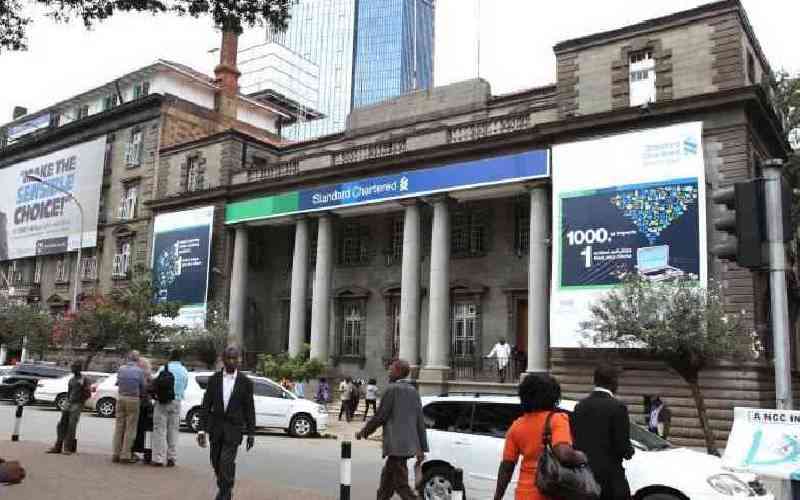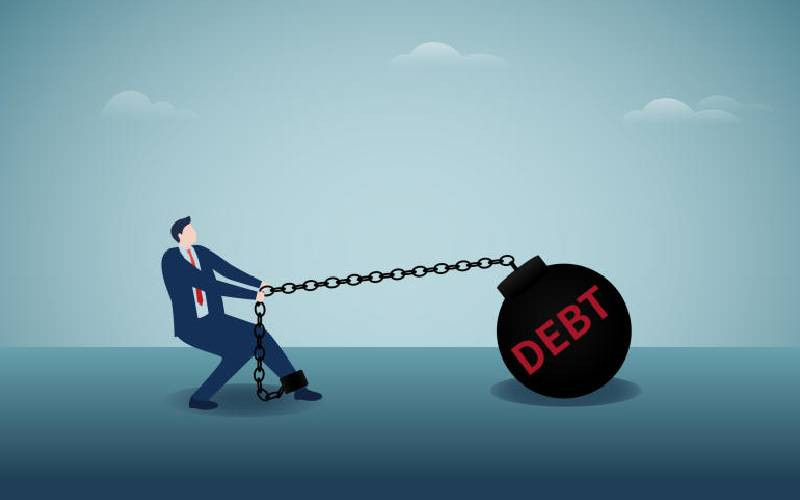
Sometime in 2016, the government introduced Mwananchi Gas, an elaborate Sh3 billion project meant to transition households from charcoal and firewood to clean cooking energy.
While it was marred by its own controversies, the project birthed a shift in energy consumption that today, the cost of liquid petroleum gas (LPG) having gone down, has encouraged even street food vendors, who previously relied on firewood and charcoal, to use it.
Though this transition might have nevertheless worked for the food industry, which is just a small portion of the country’s larger manufacturing sector, larger corporates still decry how the cost of power is squeezing their profit margins and driving others out of business.
This is even as Kenya brags to have 93 per cent of its electricity supply come from clean sources, courtesy of geothermal and hydro generation.
Kenya’s cost of electricity is one of the reasons why some businesses have opted into the sustainable operations bandwagon as they adopt solar.
Unlike Kenya and the rest of Africa, which are trying to industrialise at the moment, developed markets did so courtesy of coal and a period that was unhinged when it comes to sustainable development. With governments having adopted the Sustainable Development Goals (SDGs) in 2015, businesses followed suit.
Improve efficiency
The challenge, however, that lies ahead is whether these sustainable practices will be a catalyst or a hindrance, considering the rather reckless way developed markets industrialised.
“It is called sustainable development for a reason,” says Sasini Group Managing Director Martin Ochieng, the firm behind Sasini tea and coffee brands.
“The development part of it needs to be better than what we were doing before.”
He said that whatever corporates choose to drive their business from a growth or development perspective must be innovative enough to last long and not damage the environment. Mr Ochieng said that by Sasini adopting some of those SDGs, the firm has had to think differently in some of its operations.
“For example, in areas of automation and mechanisation, when we are harvesting crops like tea, the methods we must protect the agronomy of those crops, improve efficiency, quality and at the same time protect the environment,” he said.
He said sustainable development for Sasini has informed the thinking towards solar. In 2023, the agribusiness listed firm unveiled a 1.5 megawatt solar power plant. Solar power plants have been the go-to solution for businesses, not only for climate change reasons but also for savings due to the cost of power.
Stay informed. Subscribe to our newsletter
Earlier, Investments, Trade and Industry Cabinet Secretary Lee Kinyanjui alluded to the fact that if Kenya extensively extracted coal, then maybe the narrative would be different.
He narrated that a few years back, Kenya wanted to invest in the extraction of coal as an alternative source of energy, only for the project to be halted by environmental activists. “Germany, United States, Australia – all those people are relying on coal. But because we are so environmentally conscious, we did not go in that direction,” said the CS.
He said sometimes Western countries fund civil societies locally to lodge cases against such projects. “But if it had gone through, our cost of energy would have gone down. We would have another way of running our heavy industries away from the traditional space,” he said.
Industrial revolution
The United Kingdom (UK) phased out the generation of electricity from coal as recently as October 2024.
It became the first developed economy to cut reliance on coal. Coal, as a source of energy, played a pivotal role in the world’s first industrial revolution, particularly in the UK, through the 19th century.
The University of Wollongong, Australia, writes that coal is the reason why Britain is referred to as the first industrial nation. “It fuelled engines that drained water from deeper, less accessible coal mines to keep the supply coming. When steel superseded iron later in the century, coal remained a critical raw material,” the university writes.
A month ago, a civil society group staged a protest decrying the delayed court ruling on the Sh200 billion coal power plant project to be developed in the county.
The civil society claimed that the project will destroy the fish species in the Indian Ocean, which is their main source of livelihood. “As residents of Lamu, we are not ceding even an inch of our land for the project,” said Mohamed Athman, an official from the Save Lamu organisation.
Speaking during the launch of Stanbic Bank’s 2024 sustainability report, Stanbic Bank Kenya’s Head of Sustainability Priscilla Were detailed how climate change costs African countries two to five per cent of their gross domestic product (GDP).
“We need to build industries and economies that can meet the region’s needs while still harnessing our resources responsibly,” she said.
“Sustainable solutions therefore become both an enabler and catalyst, presenting opportunities for innovation and growth across key sectors including small and medium enterprises, agriculture, trade and manufacturing.”
